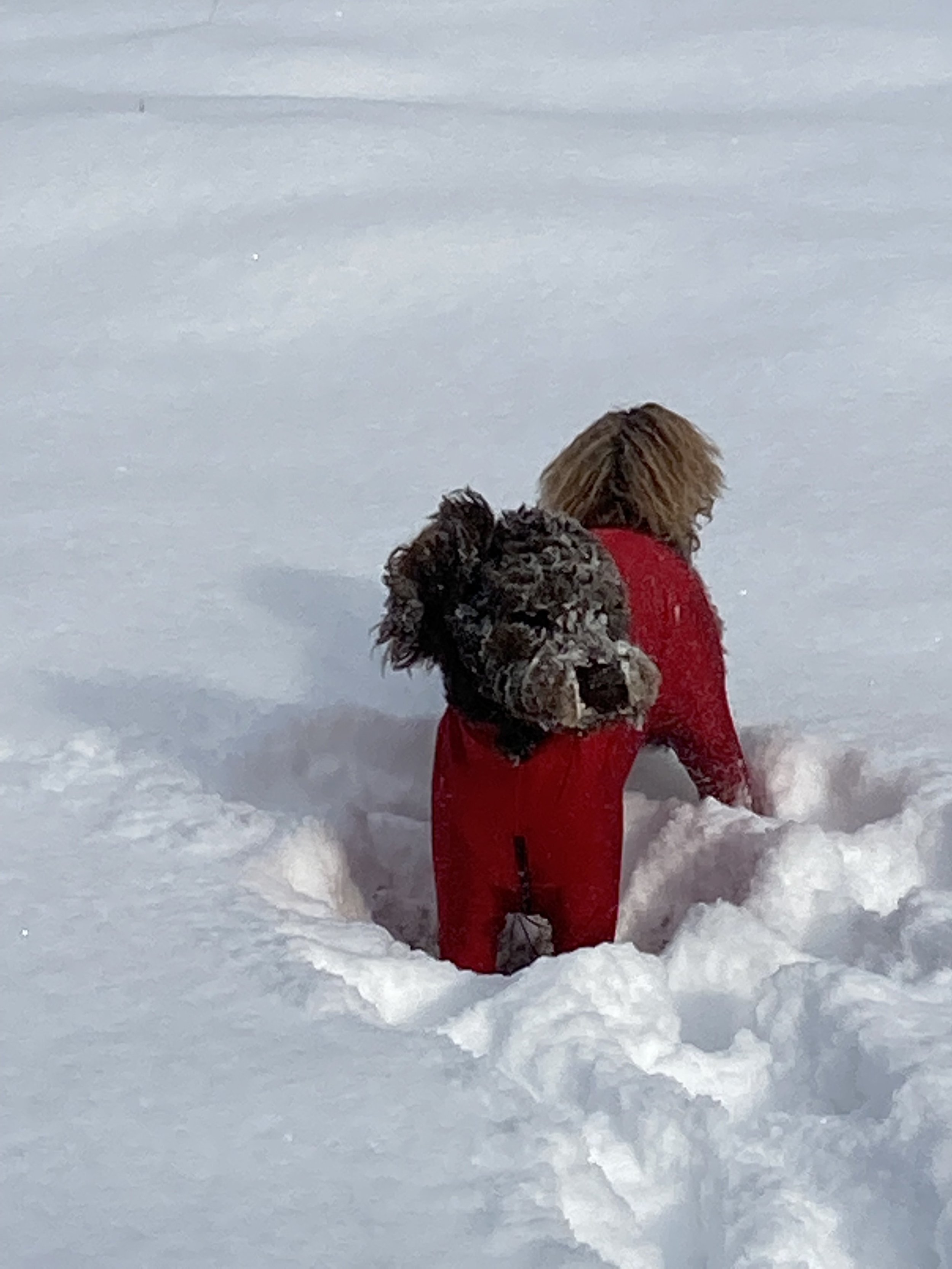Kenosis.
Don’t you just love that word?
Not sure what it is?
Neither was I until I learned about it in a conversation with my spiritual director, and it’s stuck with me ever since.
Kenosis is the act of self-emptying. It’s the practice of using who we are and what we have to offer in order to love, help, and heal the world within our reach.
The best example of this practice is found in the life and times of Jesus the Carpenter, the one I love and attempt to follow. In his short time here on the planet, he did some really cool stuff. He turned water into wine, and healed the sick. He raised his friend from the dead and cast out demons. He gave TED level talks to the crowds that followed him, and then, as if that weren’t enough, he turned a tiny snack of a few fishes and a little bread into a banquet for the masses. And don’t even get me started on his voluntary death on the cross and the mystery that came after.
It’s exhausting just thinking about it all.
However.
All that doing was only half of the practice. The other half is what made all that pouring out of his life possible. Time and again, after giving of himself until he had nothing left to give, he drew away, often into the wilderness, for a time of rest and renewal. Yes, I’m sure he prayed and contemplated and reflected and meditated. But I’ll bet he did some other things too. Like napping.
With a little imagination I can see him eating all of the fish and all of the bread, because a guy’s gotta eat. He’d sip a cup of French Press coffee as the sun came up because, well, he just would. He’d wander along a deserted shore, take a little dip to cool off, and probably vent to his Dad about the sad state of the world to which he’d come.
Give it away.
Fill it back up.
That’s what we’re here to do.
If Jesus had to do it that way, I’m pretty sure that we do too.









